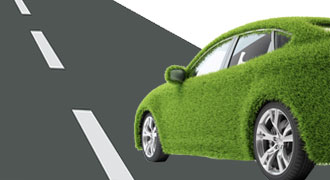

Eco-driving means smarter and more fuel-efficient driving. Green eco driving represents a new driving culture that makes the best use of advanced vehicle technologies, therefore improving road safety and making a considerable contribution to climate protection and pollution reduction.
Eco driving has four major types of impacts: environmental, social, financial, and safety. In terms of environmental impacts, eco driving can help drastically reduce the presence of greenhouse gas emissions. Eco driving often results in responsible driving, which will lead to less stress whilst driving and higher comfort for drivers and passengers. As far as financial impacts, eco driving will help you save money buy buying less fuel.

Green Eco Driving Education
As a driving instructor this knowledge is easily achievable if presented in an approachable understandable format. In my courses, I educate my drivers so that they may increase their eco driving in Brisbane and have the positive impact that is possible with good driving skills. There are several techniques that are involved with eco driving and my instruction involves learning such practices as learning how to read the road as far ahead as possible and anticipate the flow of traffic, as well as driving smoothly, using the highest possible gear at low RPM and maintaining a steady speed at low RPM. It is also important to know that because any extra energy required costs fuel and money you should only use air conditioning and electrical equipment wisely and switch it off if not needed. Electrical energy is converted from extra fuel burnt in a combustion engine, so electrical equipment doesn’t work “for free”, it always costs extra energy and money.
Post Lesson Eco Driving Tips
Here are a just a few of the eco driving tips that I give all of my students after finishing one of my courses: